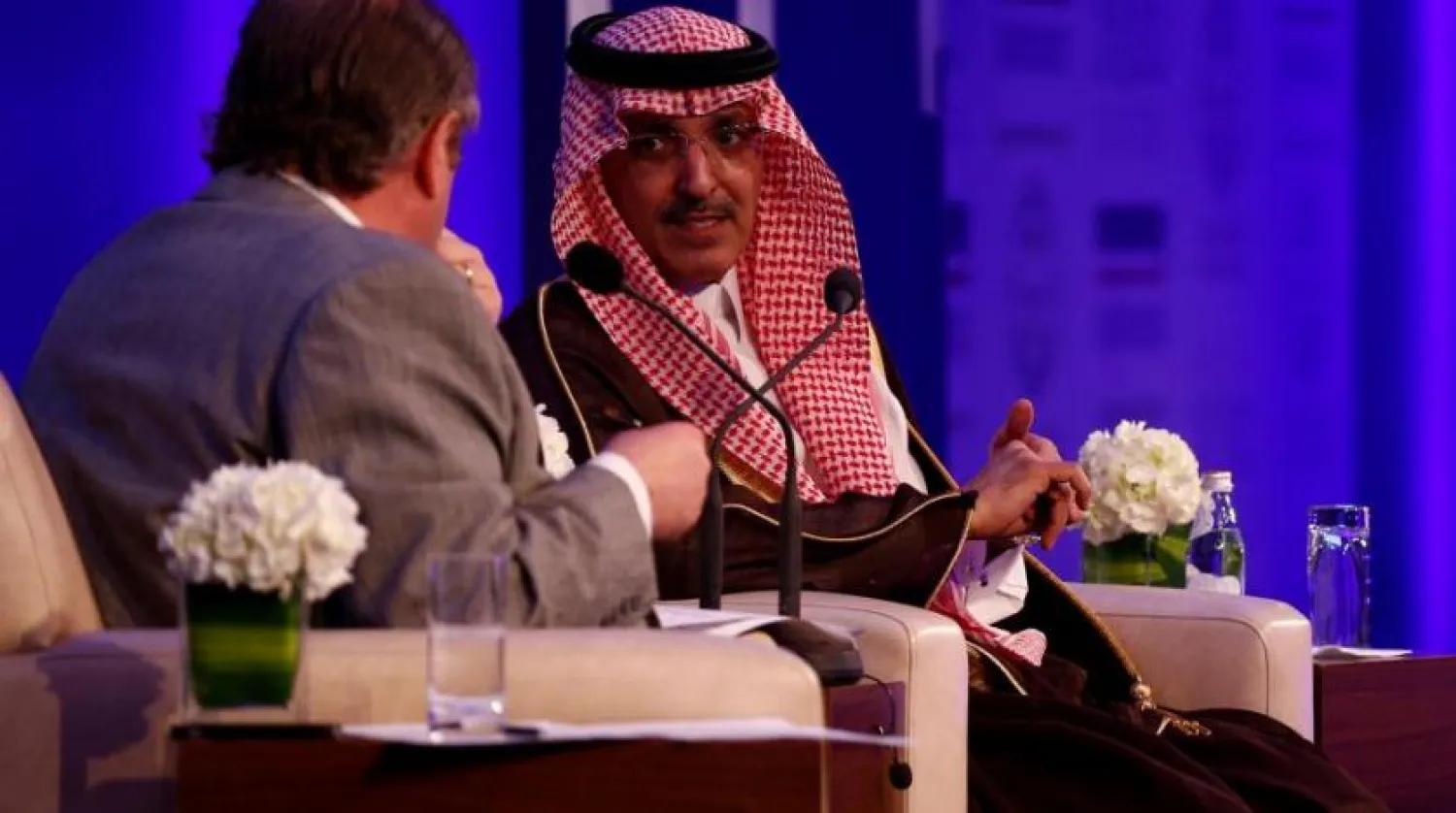Saudi Minister of Finance Mohammed al-Jadaan said that intra-Arab trade suffered from some tariff and non-tariff barriers, pointing to signs of non-compliance by some countries in the implementation of exemptions on exchanged goods, while other countries adopted protectionist trade policies.
Addressing the meeting of Arab Ministers of Economy and Social Affairs on Thursday in preparation for the 29th Arab Summit scheduled for April 15, Jadaan called for finding the proper mechanism to ensure the commitment of member states to the agreed measures.
On a different note, the Saudi minister underlined the importance of the Arab Document for the Protection and the Development of the Environment, which calls for protecting the environment from negative influences, mainly the harming effects of industrial progress.
Jadaan presented the achievements of the Economic and Social Council over the last fifty years, noting that the Council has forged several agreements in the economic and social fields and worked on the implementation of the convention to facilitate the development of trade between Arab countries through the adoption of an executive program and the establishment of the Greater Arab Free Trade Area.
Ahmed Aboul Gheit, Secretary-General of the Arab League, stressed the need to promote Arab economic integration and joint Arab action in the economic and social fields.
In his address to the meeting, Aboul Gheit noted that crises that have plagued the Arab region since 2011 did not only affect a particular country, but had dangerous consequences on the entire region, with regards to the high cost of protecting borders and safeguarding domestic security from the dangers of terrorism on one hand, and the heavy influx of refugees, which has inflicted serious economic and social burdens on host countries on the other hand.
Aboul Gheit emphasized that in light of the current situation, Arab countries are required to engage in two parallel battles, with the same degree of determination; the battle to eliminate terrorism from Arab territories and the quest for economic and social development and modernization.
Saudi Arabia Calls for Mechanism to Guarantee Commitment to Inter-Arab Trade Deals

Saudi Minister of Finance Mohammed al-Jadaan. (Reuters)

Saudi Arabia Calls for Mechanism to Guarantee Commitment to Inter-Arab Trade Deals

Saudi Minister of Finance Mohammed al-Jadaan. (Reuters)
لم تشترك بعد
انشئ حساباً خاصاً بك لتحصل على أخبار مخصصة لك ولتتمتع بخاصية حفظ المقالات وتتلقى نشراتنا البريدية المتنوعة







